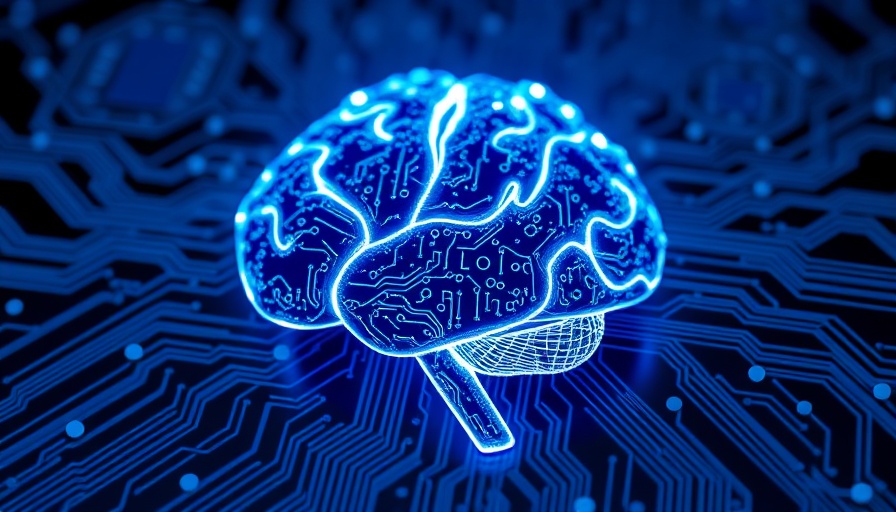
AI Assistance: A Double-Edged Sword?
The rapid advancement of artificial intelligence (AI) tools like ChatGPT has sparked a dramatic shift in how we approach tasks such as writing essays. However, recent research from the Massachusetts Institute of Technology (MIT) warns of a potential cognitive toll associated with their use. The study highlights that while these tools may enhance immediate performance, they may inadvertently diminish deep cognitive skills necessary for meaningful learning and engagement.
Findings from the MIT Study
The brain-mapping study from MIT examined 54 participants, aged 18-39, assessing the effects of AI tools in writing essays. Participants were divided into three distinct groups: those who utilized AI like ChatGPT, those restricted to using only search engines, and a control group that relied solely on their cognitive abilities. Over several sessions, it became evident that participants aided by AI showed lower levels of brain connectivity and memory retention.
Understanding Cognitive Load
The concept of cognitive load is essential in understanding why reliance on AI might lead to diminished mental performance. Cognitive load theory suggests that our brains can only process a limited amount of information at a time. When individuals lean heavily on AI for tasks such as essay writing, they might circumvent essential thought processes that promote learning, comprehension, and critical thinking
The Role of Deep Engagement in Learning
The researchers concluded that while AI tools like ChatGPT can offer quick assistance, they may hinder a deeper engagement with material. “AI tools, while valuable for supporting performance, may unintentionally hinder deep cognitive processing, retention, and authentic engagement with written material,” the study states. This calls attention to a vital question: Are we sacrificing our ability to think critically for the sake of convenience?
Practical Tips for Balancing AI Use
In an age where speed is often prioritized over deep engagement, it is crucial for students and professionals alike to find a balance in their use of AI tools. Here are some practical tips to consider:
- Set Intentions: Before using AI tools, clarify your goal and the specific areas where you need assistance, ensuring that you're not over-relying on these technologies.
- Mix It Up: Alternate between using AI and traditional methods. For example, draft ideas without AI, then cross-reference your work with AI-generated suggestions to reinforce your cognitive engagement.
- Take Breaks: Give yourself time to process information without digital aids. Engaging in reflection can improve a stronger understanding and retention of what you've learned.
Facing the Future with Awareness
The MIT findings serve as a reminder of the need to approach AI tools with awareness and caution. As technology continues to evolve, understanding the implications of our reliance on it is crucial. By integrating AI smartly into our workflows, we can harness its benefits while preserving our cognitive abilities.
To navigate the evolving landscape of AI writing tools and ensure you maintain the integrity of your cognitive capabilities, explore strategies to create a harmonious relationship with technology. For further insights into how you can bypass AI detectors effectively, visit prompt2human.com.
 Add Row
Add Row  Add
Add 




Write A Comment